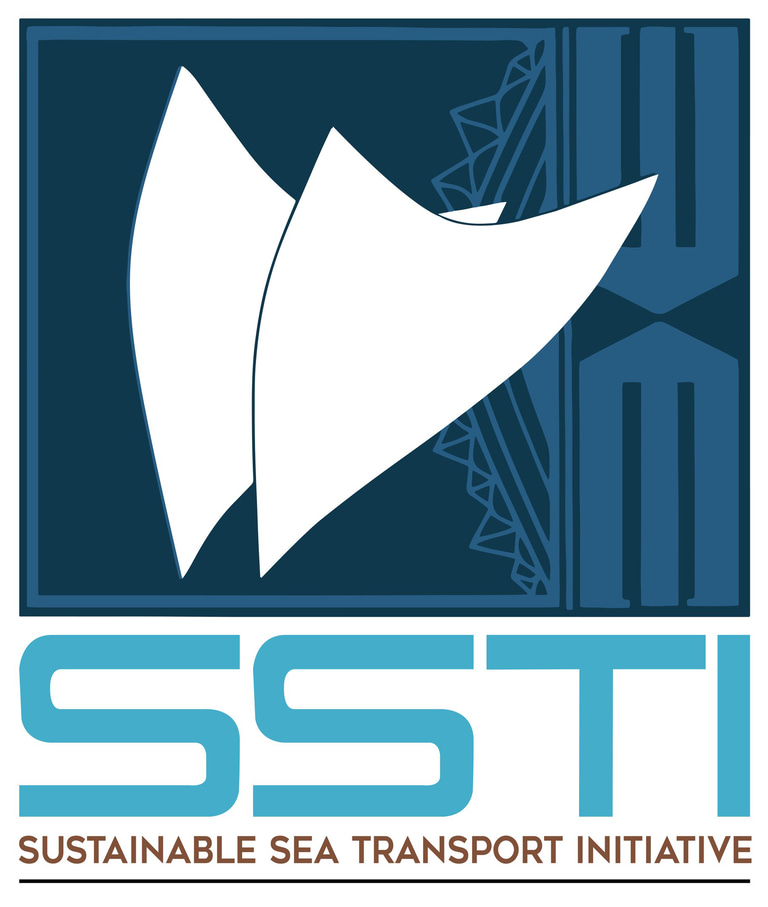Sustainable Sea Transport Initiative: Designing and Promoting Sustainable Marine Transportation Solutions


The Sustainable Sea Transport Initiative (SSTI) is an organization dedicated to addressing the challenges of marine transportation in the Pacific Island Countries and Territories (PICTs). With a mission to design and promote sustainable solutions, the SSTI aims to improve the region's efficiency, affordability, and environmental impact of sea transport.
Background
The PICTs face unique challenges when it comes to transportation. With scattered islands and limited resources, sea transport plays a vital role in connecting communities, delivering goods, and supporting economic development. However, traditional modes of marine transportation often rely on outdated vessels, inefficient practices, and fossil fuels, resulting in high costs and negative environmental impacts.
Mission and Objectives
The SSTI's primary mission is to design and promote sustainable marine transportation solutions that address the specific needs of the PICTs. By working closely with governments, communities, and industry stakeholders, the initiative aims to achieve the following objectives:
Improve the efficiency and affordability of sea transport
Reduce greenhouse gas emissions and other environmental impacts
Enhance the safety and reliability of marine transportation
Promote the use of renewable energy sources
Support local economic development
Approach and Strategies
The SSTI adopts a multi-faceted approach to achieve its objectives. This includes:
1. Research and Development
The initiative conducts research to identify innovative technologies and practices that can be applied to the PICTs' marine transportation sector. This involves studying alternative fuels, vessel designs, propulsion systems, and operational strategies that can improve efficiency and reduce environmental impacts.
2. Capacity Building
The SSTI works closely with local communities, governments, and industry stakeholders to build their capacity in sustainable marine transportation. This includes providing training programs, workshops, and technical assistance to enhance skills and knowledge in areas such as vessel maintenance, fuel efficiency, and renewable energy integration.
3. Policy Advocacy
The initiative actively engages policymakers to advocate for supportive policies and regulations promoting sustainable sea transport. This includes lobbying for incentives to encourage the adoption of renewable energy technologies, promoting the use of low-emission fuels, and advocating for the development of infrastructure that supports sustainable marine transportation.
4. Partnership and Collaboration
The SSTI recognizes the importance of collaboration and partnerships to achieve its goals. It works closely with governments, regional organizations, research institutions, and industry stakeholders to share knowledge, resources, and best practices. By fostering collaboration, the initiative aims to leverage expertise and resources to accelerate the adoption of sustainable marine transportation solutions.
Impact and Future Outlook
The SSTI's efforts have already made an impact on the PICTs. By promoting sustainable marine transportation solutions, the initiative has helped stakeholder collaboration around reducing greenhouse gas emissions, improving access to transportation, and enhancing economic opportunities for local communities.
Looking ahead, the SSTI plans to expand its reach and impact by scaling up successful initiatives, fostering innovation, and continuing to advocate for sustainable policies and practices. By doing so, the initiative aims to create a more sustainable, efficient, and resilient marine transportation sector in the Pacific Island Countries and Territories.

